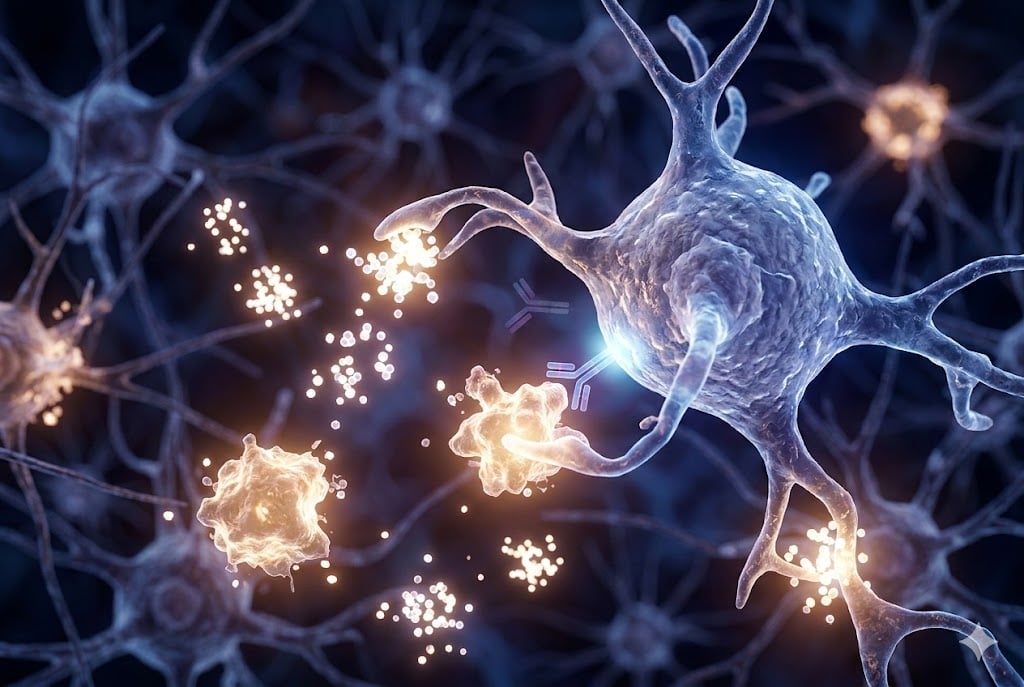
Scammability – Dementia’s Newest Warning Sign
ELDER ABUSE (VIDEO + ARTICLE): Scammability, or ease of getting scammed, is a warning sign for dementia. Caused by loss of social judgement, it occurs before thinking or memory problems.

ELDER ABUSE (VIDEO + ARTICLE): Scammability, or ease of getting scammed, is a warning sign for dementia. Caused by loss of social judgement, it occurs before thinking or memory problems.

ABUSE VIDEO + ARTICLE: Over the past decade, nursing homes increasingly “dumped” residents on hospitals, refusing them permission to return. There were no consequences. In

When a hurricane hits Florida — or anywhere that has a very large population of people with dementia, there are special preparations that should be made by those living with dementia. Check these dementia-in-a-storm readiness lists.

In gardening, people with Alzheimer’s grow fresh plants along with better thinking. It’s a pleasant way to make things easier.

The co-founder of a caregivers’ organization introduces technology he has found helpful in caring for his grandmother with dementia.

When a hurricane hits Florida — or anywhere that has a very large population of people with dementia, there are special preparations that should be made by those living with dementia. Check these dementia-in-a-storm readiness lists.

In gardening, people with Alzheimer’s grow fresh plants along with better thinking. It’s a pleasant way to make things easier.

The co-founder of a caregivers’ organization introduces technology he has found helpful in caring for his grandmother with dementia.

People with dementia are enjoying yoga and dance classes at the Alzheimer’s Association. See why caregivers find the classes “EXTREMELY helpful.”
No spam, only news and updates.


